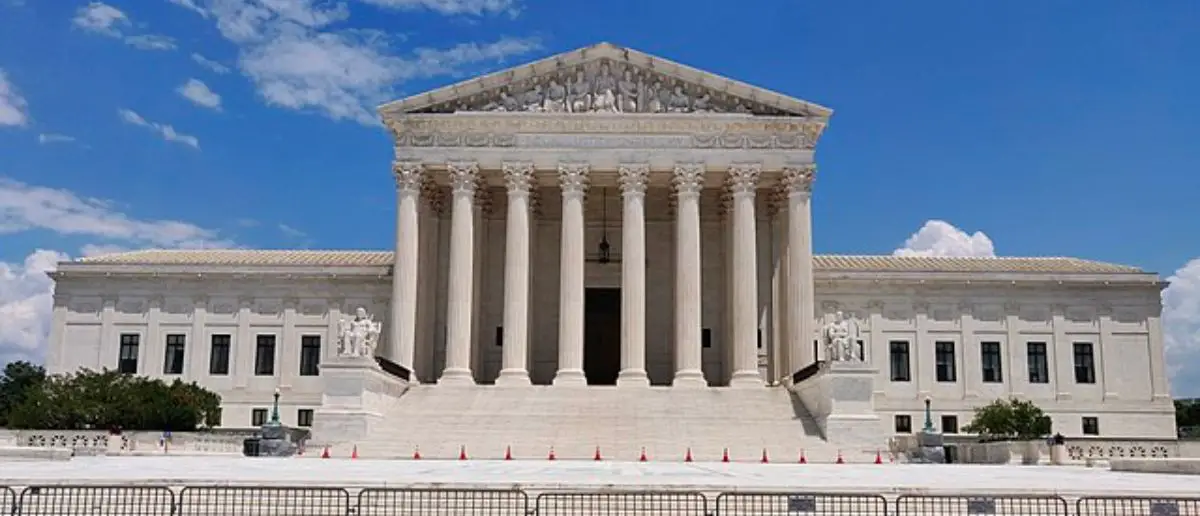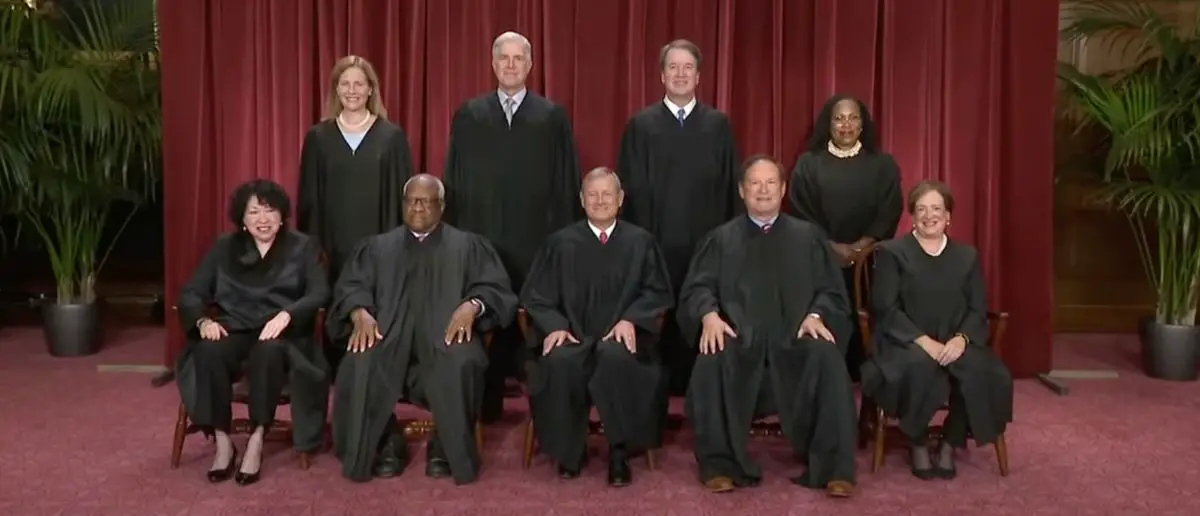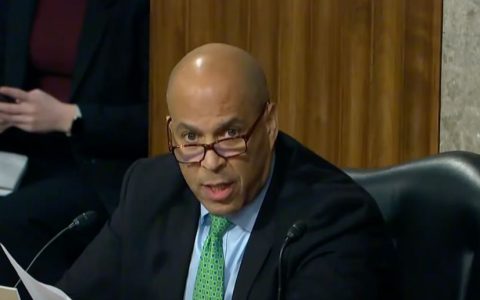
The radical Democrat agenda has been dealt major blows by the Supreme Court lately. The worst blow is still on its way.
Because the U.S. Supreme Court is preparing for a huge showdown with President Biden in this case.
It seems the Supreme Court’s challenges for the Biden presidency are far from over.
The court has already dealt a big blow to the administration by ruling President Joe Biden’s $430 billion transfer of student debt to the government to be unlawful; now it threatens to disrupt his plans to arbitrarily tax the wealthy.
This autumn, the Supreme Court will hear issues about gun rights, the authority of government agencies, and whether or not “Trump too small” can be trademarked, but Moore v. United States may be the most important case for Biden. The question in that situation is whether or not Biden can implement the wealth tax he has publicly and consistently advocated for.
“Reward work, not just wealth. Pass my proposal for a billionaire minimum tax,” Biden declared during his State of the Union address. “Because no billionaire should pay a lower tax rate than a school teacher or a firefighter.”
In a later proposal, Biden advocated a 25% yearly tax on any gains to assets in excess of $100 million in any given year, including unrealized capital gains, which are not currently taxable. According to the White House, the tax would only affect the top 0.01% of earners.
Even if it has a slim chance of passing the Republican-controlled House of Representatives, the measure would be effectively killed by a Supreme Court ruling that such a tax is unconstitutional.
The Moore case is similar to others in that it does not involve a big sum of money but does include questions of taxation and the meaning of the word “income.”
Charles and Kathleen Moore, a couple from Washington state, invested over $40,000 in an Indian company in 2005 and have received nothing back from the business despite the fact that it has consistently turned a profit.
They found out that they owed $14,729 in required repatriation tax as a result of the tax reform law passed in 2017. They forked up the cash, but later sued to get it back on the grounds that the tax was unfair under the apportionment clause of the constitution.
According to the Sixteenth Amendment, the federal government can now “lay and collect taxes on incomes, from whatever source derived, without apportionment among the several states.” This implies that many multibillionaires’ fortunes are not taxed by the federal government until they sell their equities.
Sens. Bernie Sanders (I-VT), Elizabeth Warren (D-MA), and Finance Committee Chairman Ron Wyden (D-OR) have all been vocal opponents of this system for years, and all three advocate for a tax on wealth rather than direct income.
According to the appeals court’s ruling, “there is no constitutional prohibition against Congress attributing a corporation’s income pro-rata to its shareholder.” This means that the Moores can be taxed in this manner. The Supreme Court’s potential reversal of that ruling would make future federal wealth-based taxes, including the repatriation tax, illegal.
Research fellow at the Cato Institute Thomas Berry argued that the federal government can collect income taxes without apportioning them among the states because of the Sixteenth Amendment. “But courts have always limited those taxes to that word, ‘income,’ and said that word is meaningful. It doesn’t just mean whatever the government wants it to mean.”
Several groups have filed amicus briefs in support of the Moores, including the Cato Institute, the Chamber of Commerce, and Americans for Tax Reform. The beginning of the hearings is anticipated for the month of October.
For quite some time, academics have disagreed on whether or not unrealized capital gains qualify as income. Instead, Berry advises that Biden and the Democrats try to increase revenue by imposing tariffs on imports or increasing taxes on traditional forms of income.
During his many speeches, Biden has brought up the concept of a tax on billionaires, saying that the super-rich pay a lower percentage of their income in taxes than middle-class workers.
However, the outcome of the case might potentially rule out the possibility of implementing such a plan.
Berry stated, “You can never predict for certain,” adding, “but I think the justices will be concerned about setting a new precedent here and opening the door to a lot of taxes that we’ve never seen before at the federal level.”
The DC Daily Journal will keep you updated on this case in the coming months.





